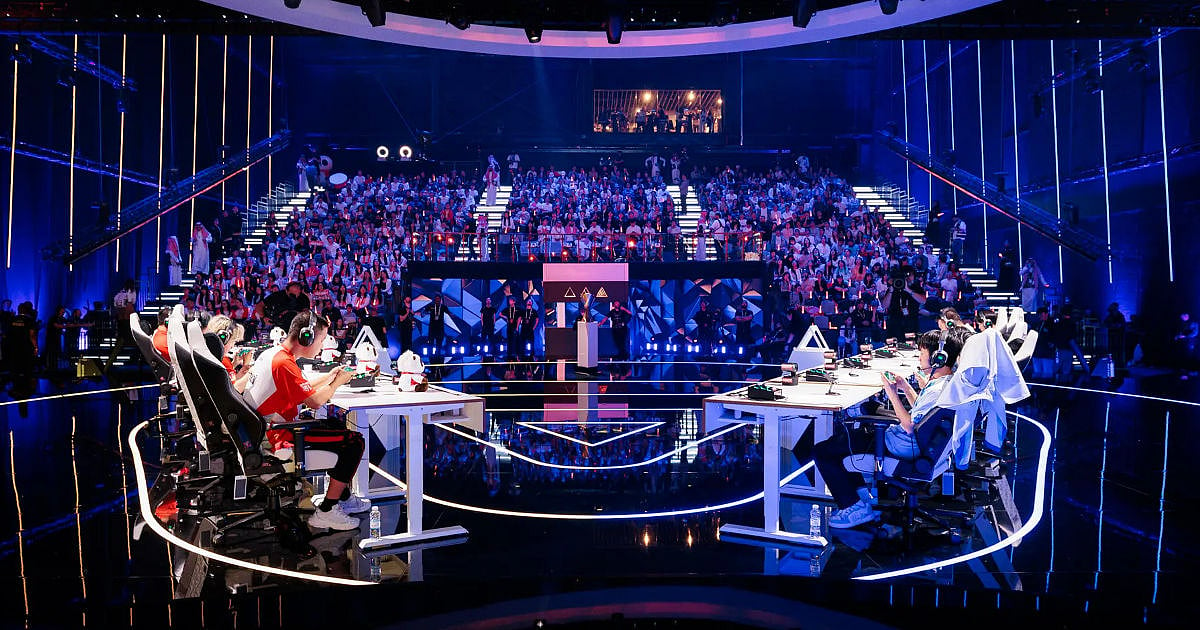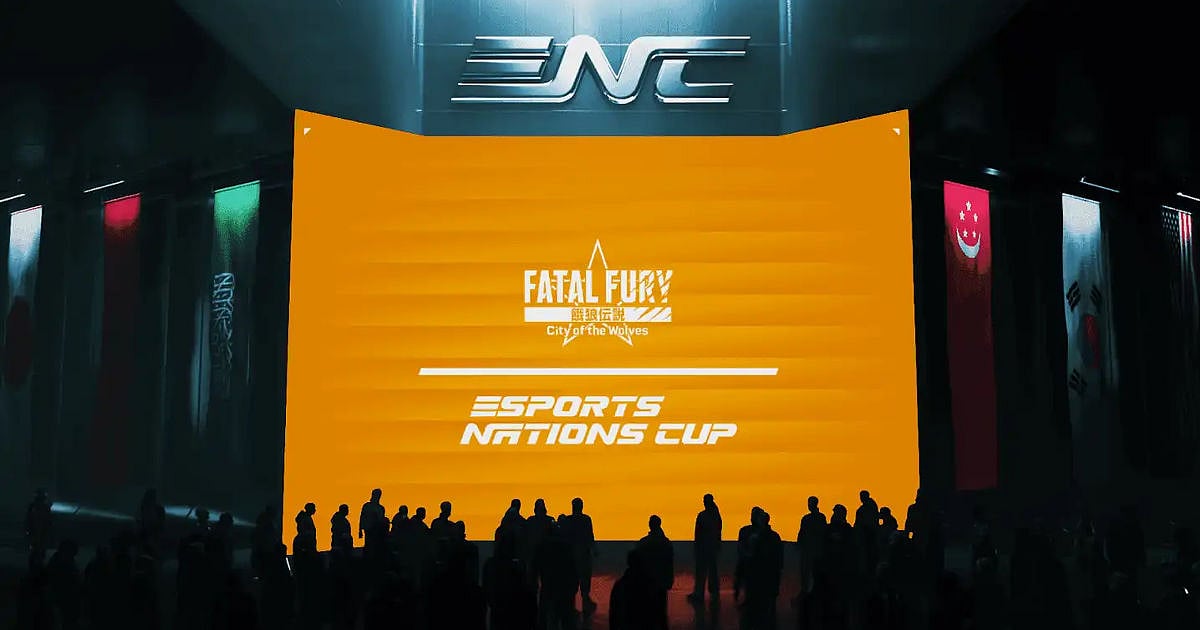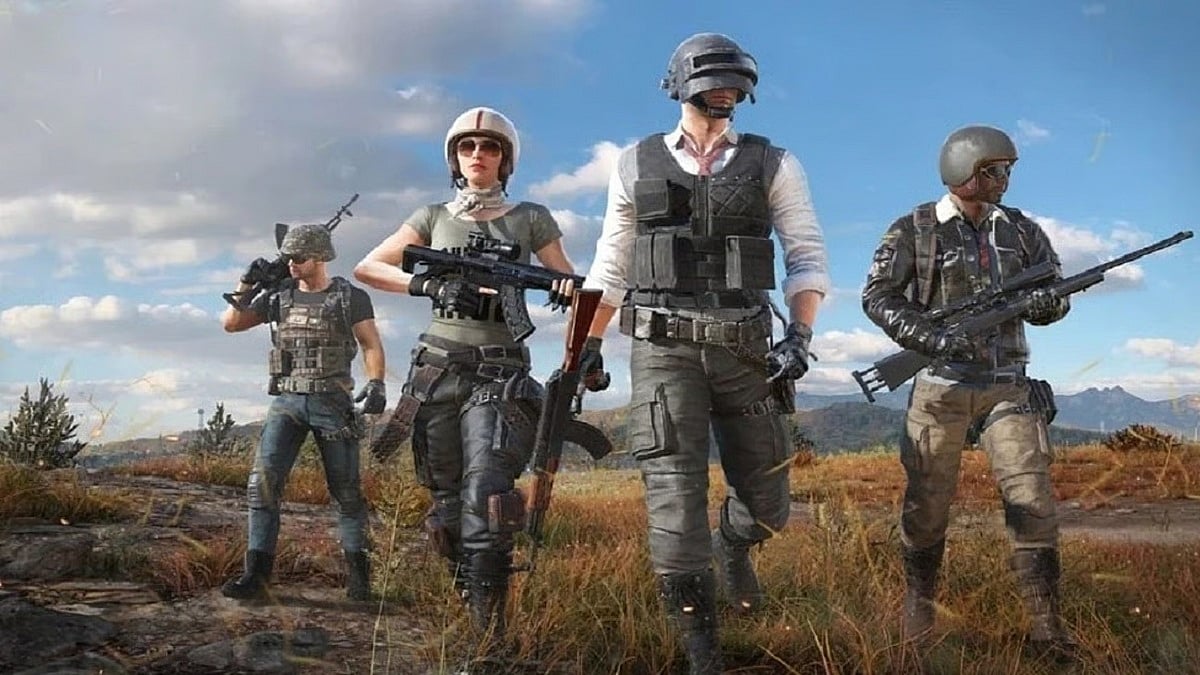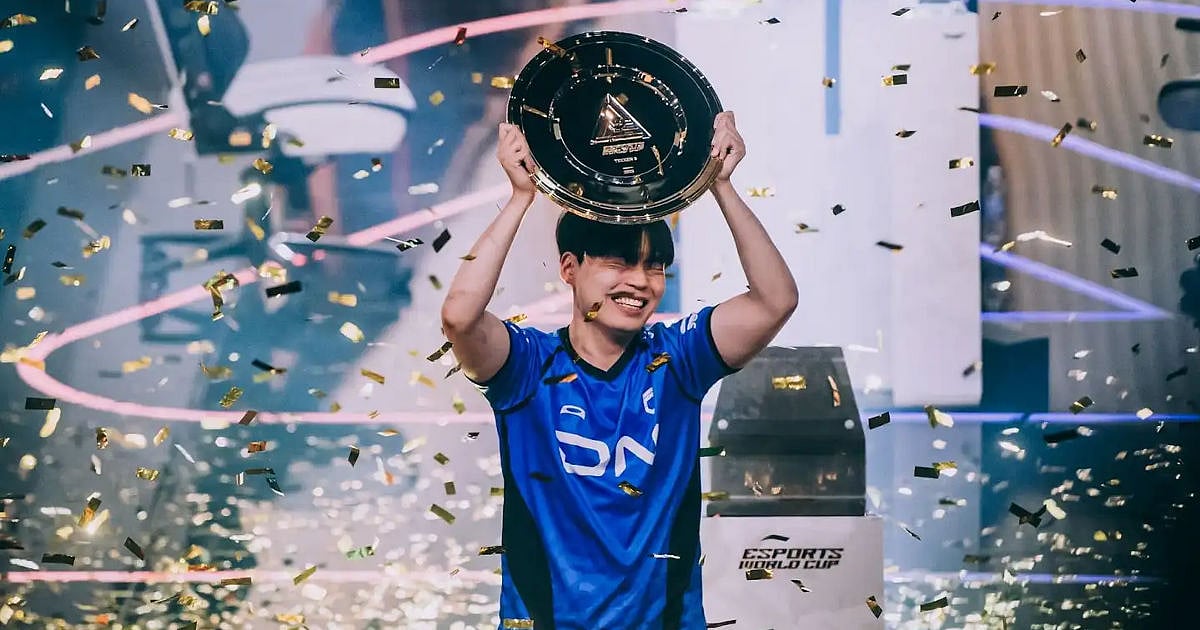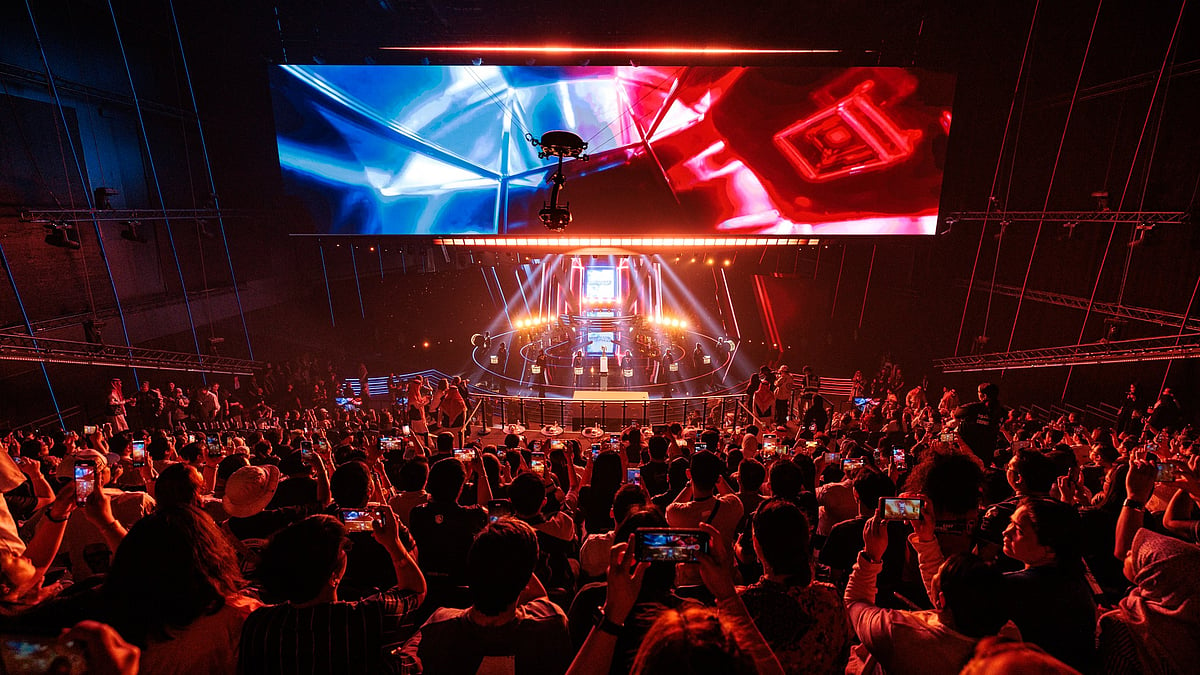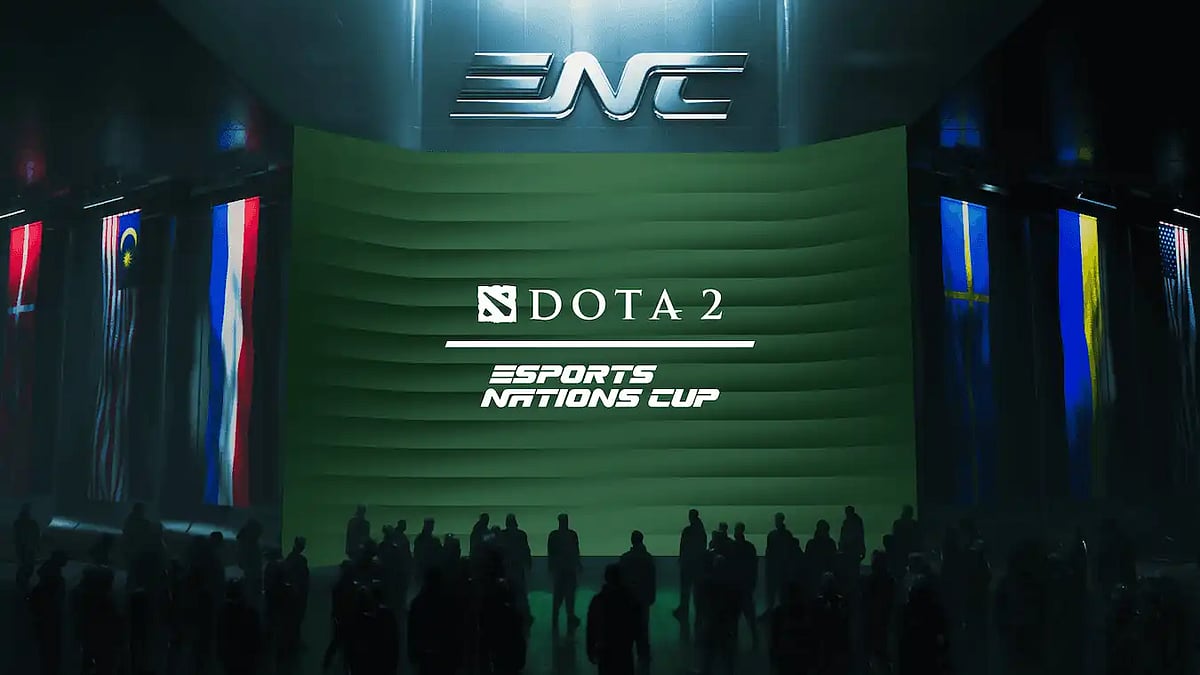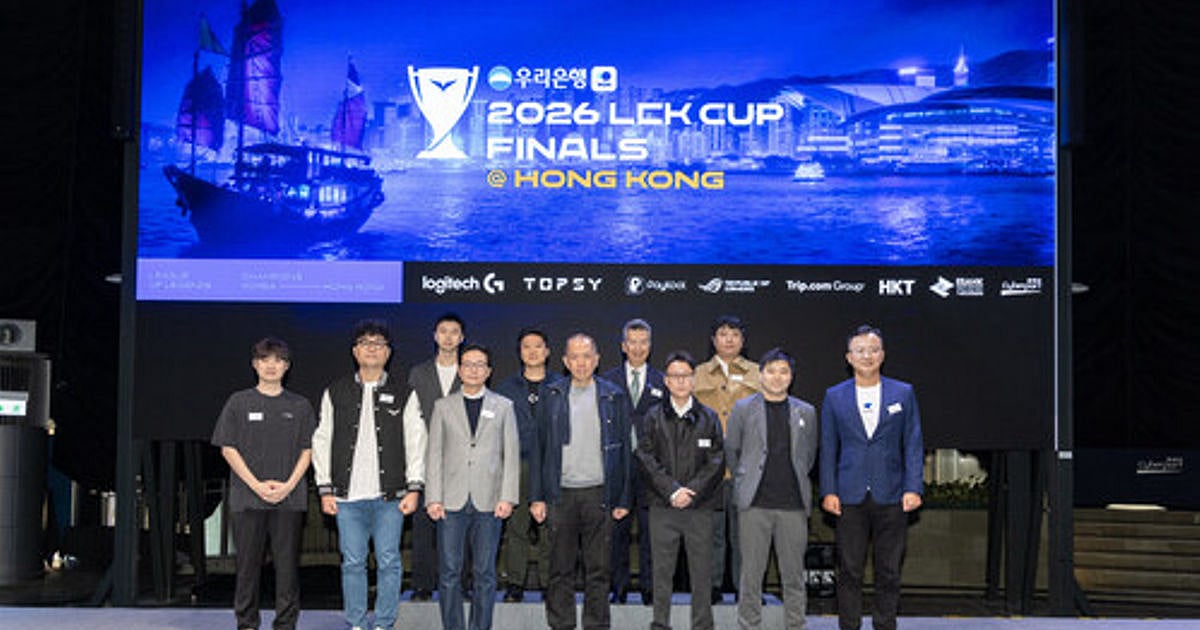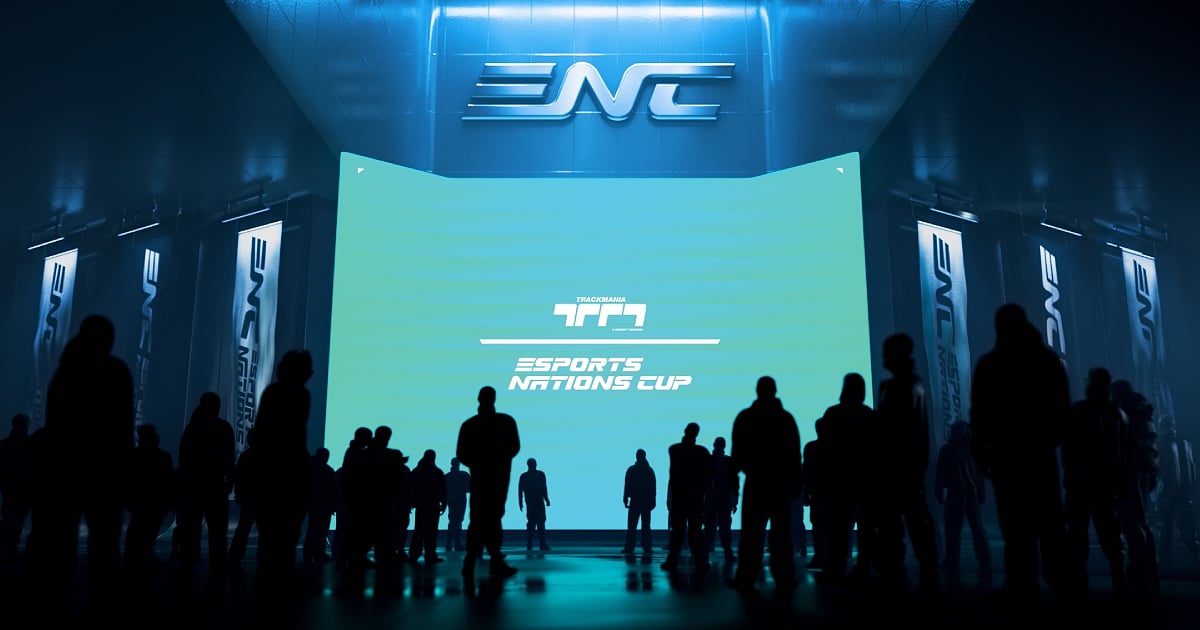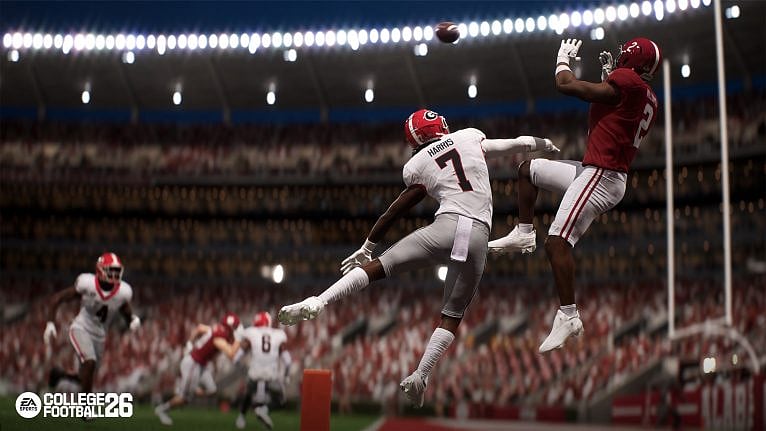
EA is going private in a landmark $50 billion deal
Why EA is Going Private: Inside the Silver Lake & PIF Deal
Highlights
- EA is going private in a $50 billion deal to escape the short-term pressure of the stock market.
- The buyout is led by private equity firm Silver Lake and Saudi Arabia's controversial Public Investment Fund (PIF).
- This move creates uncertainty for gamers, with the potential for either higher-quality games or more aggressive monetization.
Electronic Arts (EA), the polarising titan behind your favourite games, may soon undergo a massive transformation, as reports indicate the gaming titan is in talks for a record-breaking $50 billion deal to be taken private. This isn't just another corporate merger; it's a complex financial maneuver known as a leveraged buyout, led by private equity firm Silver Lake Partners and Saudi Arabia's Public Investment Fund (PIF).
EA would be removed from the public stock market, shielded from the constant scrutiny of Wall Street. For the millions of gamers who play titles like EA Sports FC and Apex Legends, this raises a crucial question: will this move finally free EA to make better games, or will it double down on the aggressive monetization that has defined its reputation for years?
EA Going Private to Escape the Wall Street Grind
So, why would a massive, publicly traded company want to disappear from the stock market? In simple terms: to escape the pressure.
Public companies live and die by their quarterly earnings reports. They have a legal duty to make their shareholders happy every three months, which often means prioritizing safe, predictable profits over long-term creative risks. Developing a massive AAA game takes years, and a single delay can cause stock prices to tumble and shareholders to panic.
Going private allows a company to operate away from this public pressure, enabling its leadership to make bold, transformative decisions without fear of immediate shareholder backlash. This strategy isn't new; in fact, one of the firms involved has a history of similar moves.
In 2013, Silver Lake Partners helped Dell go private in a $24.9 billion deal. Dell's PC business was declining, and the company needed a radical, capital-intensive shift that would have been difficult under public scrutiny. As a private entity, Dell successfully restructured, most notably with the massive $67 billion acquisition of data storage giant EMC. When Dell returned to the public market in 2018, it was a stronger, more diversified company with a significantly higher valuation. Silver Lake likely sees EA as a similar opportunity: a company with immensely valuable assets that needs a period of private transformation to unlock its future potential.
The Bigger Picture: Gaming's Consolidation Endgame
The potential EA buyout isn't an isolated event. It's a landmark moment in an unprecedented wave of consolidation that is reshaping the gaming industry. In the last five years, the sector has become increasingly concentrated, with top companies now controlling over half of the total market value. This trend is driven by a race for scale and control over valuable intellectual property (IP).
The current era is marked by massive acquisitions that have fundamentally altered the competitive landscape, including Microsoft's $68.7 billion acquisition of Activision Blizzard and Take-Two Interactive's $12.7 billion purchase of mobile gaming leader Zynga. Alongside these strategic acquisitions, private equity (PE) has emerged as a dominant force.
Historically, PE firms were skeptical of the "hit-driven" nature of the games business. However, the industry's pivot to a "Games-as-a-Service" (GaaS) model, built on predictable revenue from subscriptions and in-game microtransactions, has transformed gaming into an ideal asset for financial investors. Since 2018, private equity has deployed over $21 billion into the sector, with the EA deal representing the pinnacle of this trend.
The New Owners: Finance Meets Geopolitics
To understand where a private EA might go, you have to understand who’s buying it.
Silver Lake Partners is a premier technology-focused private equity firm known for its expertise in large-scale buyouts. With a portfolio that has included giants like Dell, Unity, and Broadcom, Silver Lake's strategy is to partner with management to streamline operations, drive growth, and ultimately exit the investment with a significant financial return. Their interest in EA is primarily financial.
Saudi Arabia's Public Investment Fund (PIF) brings a different set of motivations to the table. The PIF is the financial engine of "Vision 2030", Saudi Arabia's ambitious plan to diversify its economy beyond oil and increase its global cultural influence. Gaming is a cornerstone of this strategy, with stated goals of creating 39,000 jobs and contributing $13.3 billion to the nation's GDP by 2030.
The PIF has already invested billions in companies like Nintendo and Capcom. For the PIF, a major stake in EA would, as one analyst noted, "cement games as cultural infrastructure — assets as critical to global influence as sports or film." However, this involvement is highly controversial, with critics accusing the PIF of "sportswashing" to distract from the country's troubling human rights record.
The $50 Billion Question: Better Games or More Monetisation?
For the millions who play EA's games, the central question is what this change in ownership will mean for the final product. The answer falls into two starkly different scenarios.
The Optimistic View, where freed from public market pressures, a private EA could take greater creative risks, invest more in quality, and focus on long-term player satisfaction over short-term revenue.
The Pessimistic View, where the "leveraged buyout" means the deal will saddle EA with the billions of dollars in debt used to purchase it. And to service this massive debt, the new owners will be under intense pressure to maximise cash flow. This could lead to more aggressive microtransactions, a greater emphasis on "pay-to-win" mechanics, and rigorous cost-cutting that could result in layoffs and studio closures.
Ultimately, the potential privatization of Electronic Arts is more than just a change of ownership. It is a landmark event that signifies the full maturation of the video game industry into a premier asset class, coveted by the most powerful forces in global finance and geopolitics.

Author
Krishna Goswami is a content writer at Outlook India, where she delves into the vibrant worlds of pop culture, gaming, and esports. A graduate of the Indian Institute of Mass Communication (IIMC) with a PG Diploma in English Journalism, she brings a strong journalistic foundation to her work. Her prior newsroom experience equips her to deliver sharp, insightful, and engaging content on the latest trends in the digital world.
Krishna Goswami is a content writer at Outlook India, where she delves into the vibrant worlds of pop culture, gaming, and esports. A graduate of the Indian Institute of Mass Communication (IIMC) with a PG Diploma in English Journalism, she brings a strong journalistic foundation to her work. Her prior newsroom experience equips her to deliver sharp, insightful, and engaging content on the latest trends in the digital world.
Related Articles
